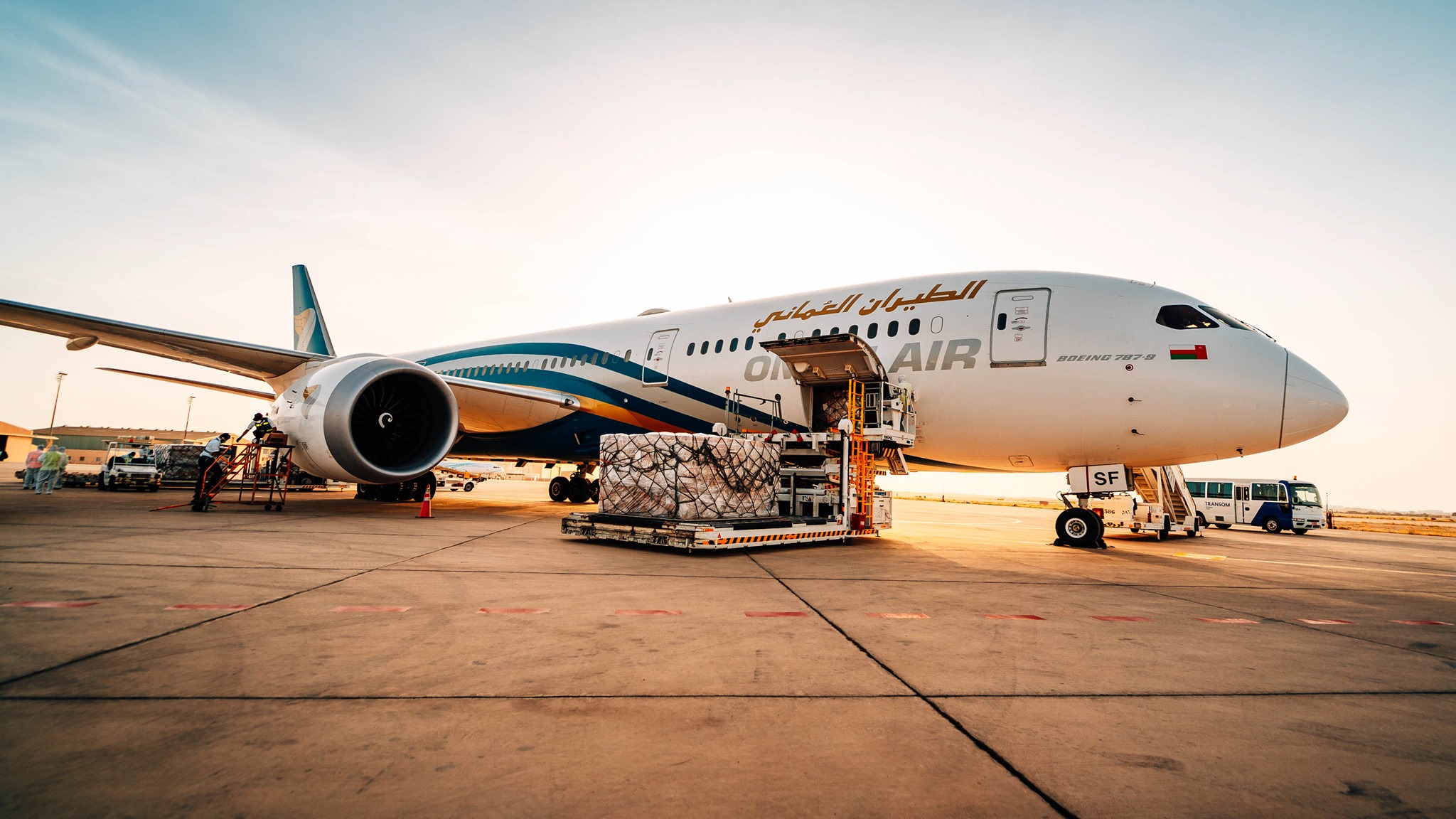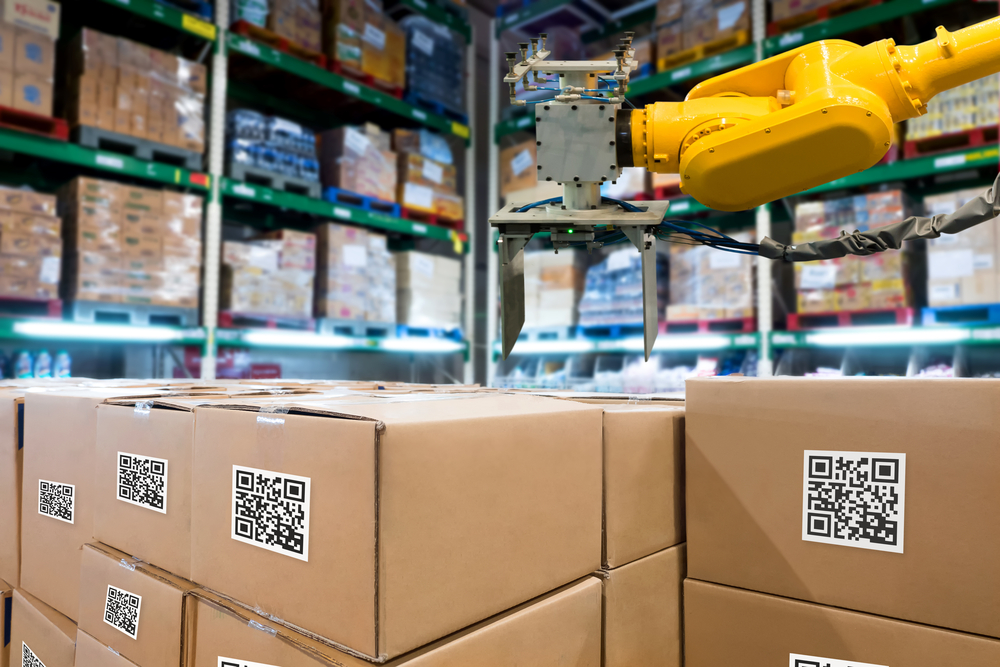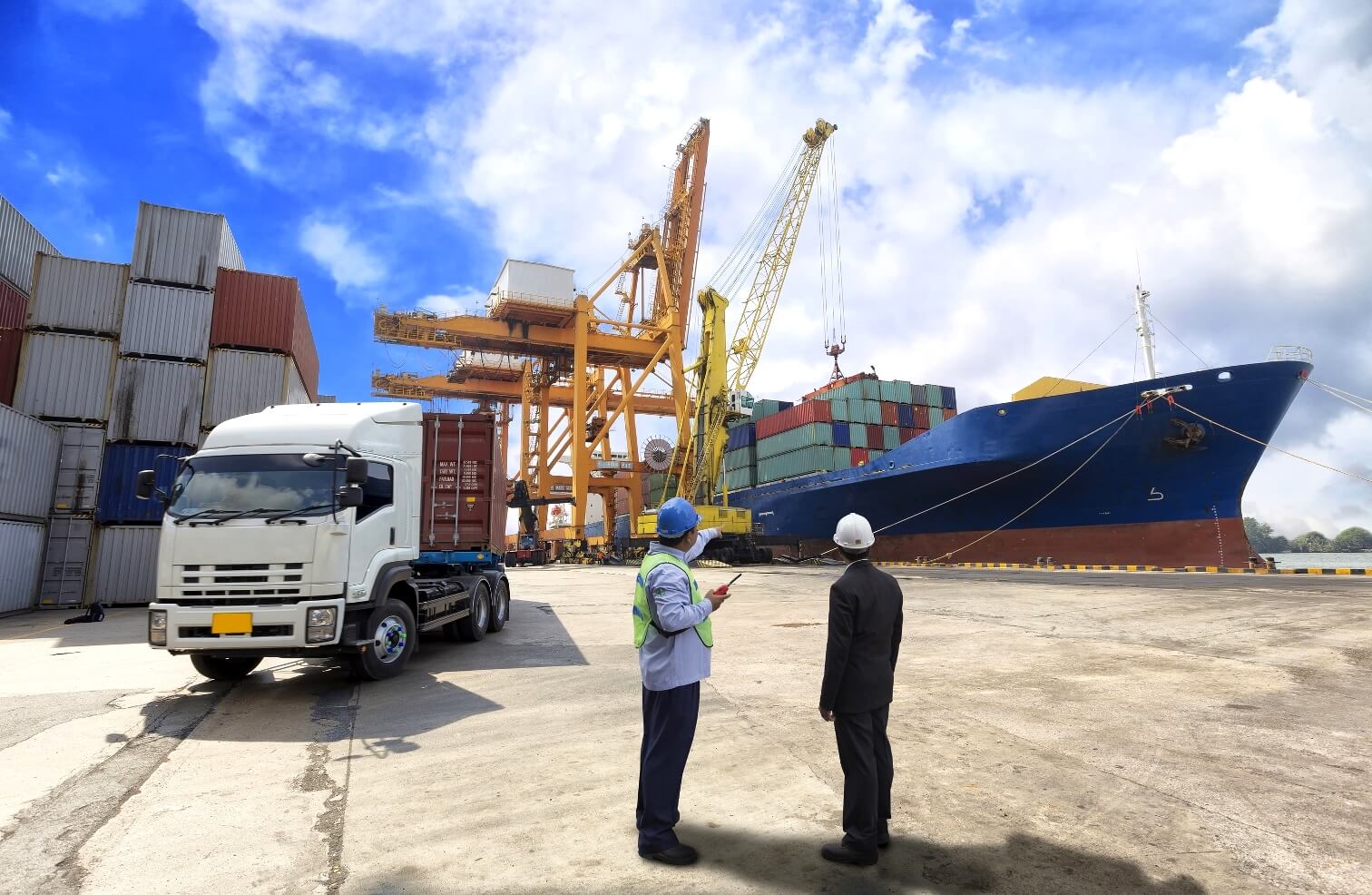
Sea freight is one of the most popular modes of transportation for goods. It is not only cost-effective but also environmentally friendly. However, in recent years, the impact of sea freight on the environment has become a growing concern. As a result, there has been an increasing demand for cleaner seafreight solutions that are carbon neutral. One such solution is carbon-neutral LCL (Less than Container Load) shipments. In this blog post, we will explore the concept of carbon-neutral LCL shipments and their benefits in the freight field.
What are Carbon-Neutral LCL Shipments?
Carbon-neutral LCL shipments are sea freight shipments that are designed to be carbon-neutral. The carbon footprint of these shipments is offset through the purchase of carbon credits or the implementation of other carbon offsetting strategies. LCL shipments are ideal for smaller shipments that do not require a full container load. These shipments are consolidated with other LCL shipments in a single container, which helps to reduce the overall cost and environmental impact.
Benefits of Carbon-Neutral LCL Shipments
- Environmental Sustainability
Carbon-neutral LCL shipments help to reduce the carbon footprint of sea freight. By offsetting the carbon emissions of the shipment, carbon-neutral LCL shipments help to reduce the overall impact on the environment. This is important for companies that are committed to reducing their carbon footprint and minimizing their impact on the environment.
- Cost-Effective
Carbon-neutral LCL shipments are also cost-effective. As mentioned earlier, LCL shipments are ideal for smaller shipments that do not require a full container load. By consolidating these shipments into a single container, the overall cost of the shipment is reduced. This makes it an affordable option for companies that are looking to transport smaller shipments.
- Increased Flexibility
Another benefit of carbon-neutral LCL shipments is increased flexibility. Companies can transport smaller shipments on a more frequent basis, which helps to increase the speed and efficiency of their supply chain. This is particularly important for companies that operate in a just-in-time (JIT) environment where speed and efficiency are critical.
- Reduced Risk
Carbon-neutral LCL shipments also help to reduce the risk associated with sea freight. By consolidating smaller shipments into a single container, the risk of loss or damage is reduced. This is because the container is not opened until it reaches its final destination, which helps to minimize the risk of damage or loss during transit.

How to Achieve Carbon-Neutral LCL Shipments
There are several strategies that can be used to achieve carbon-neutral LCL shipments. These include:
- Carbon Offsetting
Carbon offsetting is a strategy that involves the purchase of carbon credits to offset the carbon emissions of the shipment. These credits are typically purchased from projects that reduce greenhouse gas emissions. The purchase of these credits helps to fund projects that reduce carbon emissions and helps to offset the carbon emissions of the shipment.
- Use of Cleaner Fuels
Another strategy is the use of cleaner fuels. This involves the use of low-emission fuels such as biofuels or liquefied natural gas (LNG) to power the ship. This helps to reduce the carbon emissions of the shipment and make it carbon-neutral.
- Energy Efficiency
Improving the energy efficiency of the ship is another strategy that can be used to achieve carbon-neutral LCL shipments. This involves the use of energy-efficient technologies such as LED lighting, energy-efficient engines, and improved insulation to reduce the energy consumption of the ship.
Conclusion
In conclusion, carbon-neutral LCL shipments are an effective way to reduce the carbon footprint of seafreight. They are cost-effective, environmentally sustainable, and offer increased flexibility and reduced risk. To achieve carbon-neutral LCL shipments, companies can use strategies such as carbon offset



;)
